Pianos are built to last, and with the right care, will provide decades of enjoyment. Yet what determines how long it will last and the condition it will be in at the end of the road depends a great deal on the environment its placed in today.
If you own an acoustic piano or are in the process of buying one, new or used, there are right room conditions that increase the potential life of your piano. Use these guidelines to help you create or update the piano room that will both protect and enhance your investment.
Choose The Right Room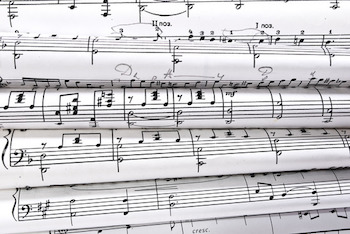
Your piano can sound different depending on its final resting spot. Every room has different architectural structure, which can significantly change the sound of your piano. A piano with a bright sound can be nicely balanced by surrounding it with absorbent furnishings such as carpets, rugs and wall hangings. A subtle, more mellow voice is nicely complemented by wooden floors and other hard surfaces. Don’t be afraid to move furniture and décor around as you play to achieve the best results. If you notice vibrations in windows, loose shelves, or even picture frames, move things to avoid harsh tones and even to avoid damaging things from falling in the process.
Maintain The Right Temperature
The ideal piano room maintains a constant room temperature of 70-72° F. If the temperature is allowed to fluctuate drastically beyond these guidelines, problems can quickly start to materialize, such as a change in the tuning, a weakening of the internal glue, and long term wood damage.
Keep in mind that other factors can come into play with regards to temperature. While your room may be a comfy 70°, if you place your piano along an outside wall and it dips down to freezing levels outside, it can drop the temperature of your wall significantly. Also keep your piano away from drafty windows and doors, away from fireplaces, and away from climate control vents.
Control The Elements
Access to outside elements can provide an easy way for potential threats to easily have access to your piano.
Water is not a piano’s friend. While a water glass or other food and drink items should never be placed on a piano, the same hold true with access to condensation. Keep a piano far away from doors and windows where water and other elements may have access to the piano’s surface.
Dust, pollen, dander, smoke – all can easily damage the piano’s inner-workings by accumulating in the tiny places. Keep the piano lid closed and clean your piano regularly to avoid buildup.
Also avoid direct sunlight for extended periods of time. Indirect sunlight can help prevent mold and can even help yellowing in the piano keys. Just be sure to monitor the overall temperature if a room receives a lot of sunny days.
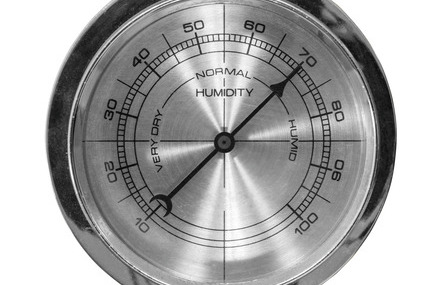
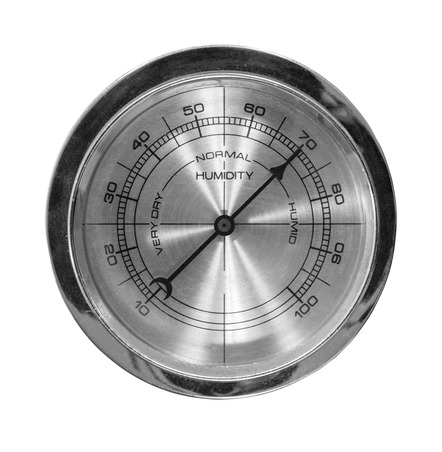
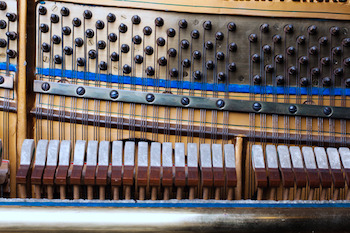
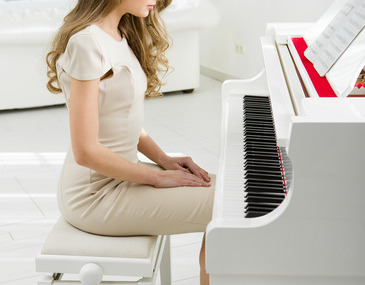
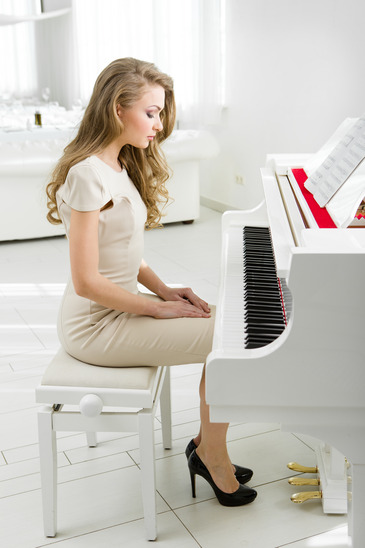

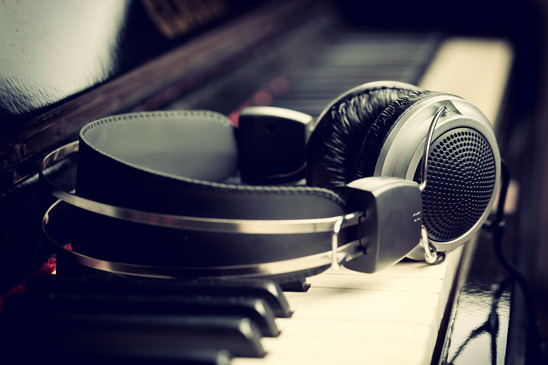

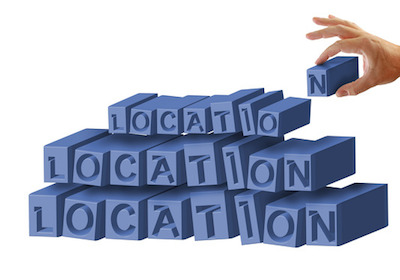

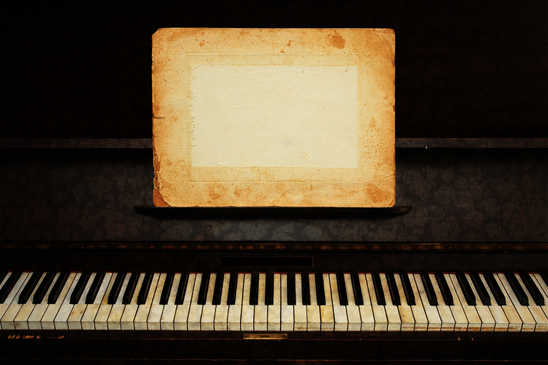 There could be a number of things wrong with your piano.
There could be a number of things wrong with your piano.

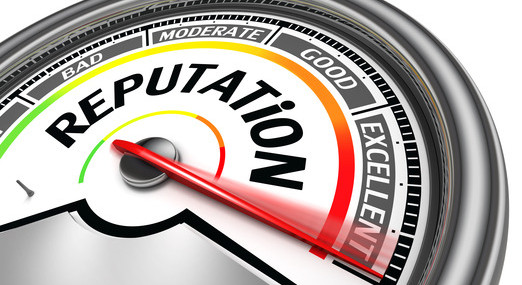
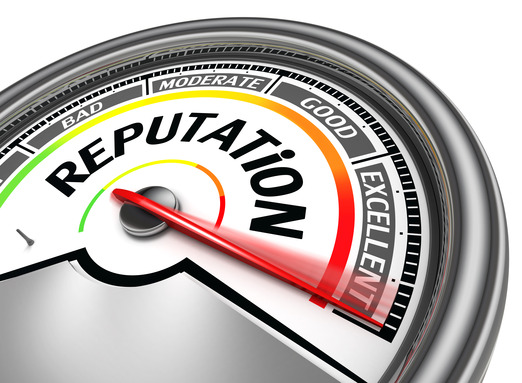 Lots of questions, and finding the right answers can sometimes be confusing. But it doesn’t have to be. Not if you select a reputable piano dealer with these traits.
Lots of questions, and finding the right answers can sometimes be confusing. But it doesn’t have to be. Not if you select a reputable piano dealer with these traits.
